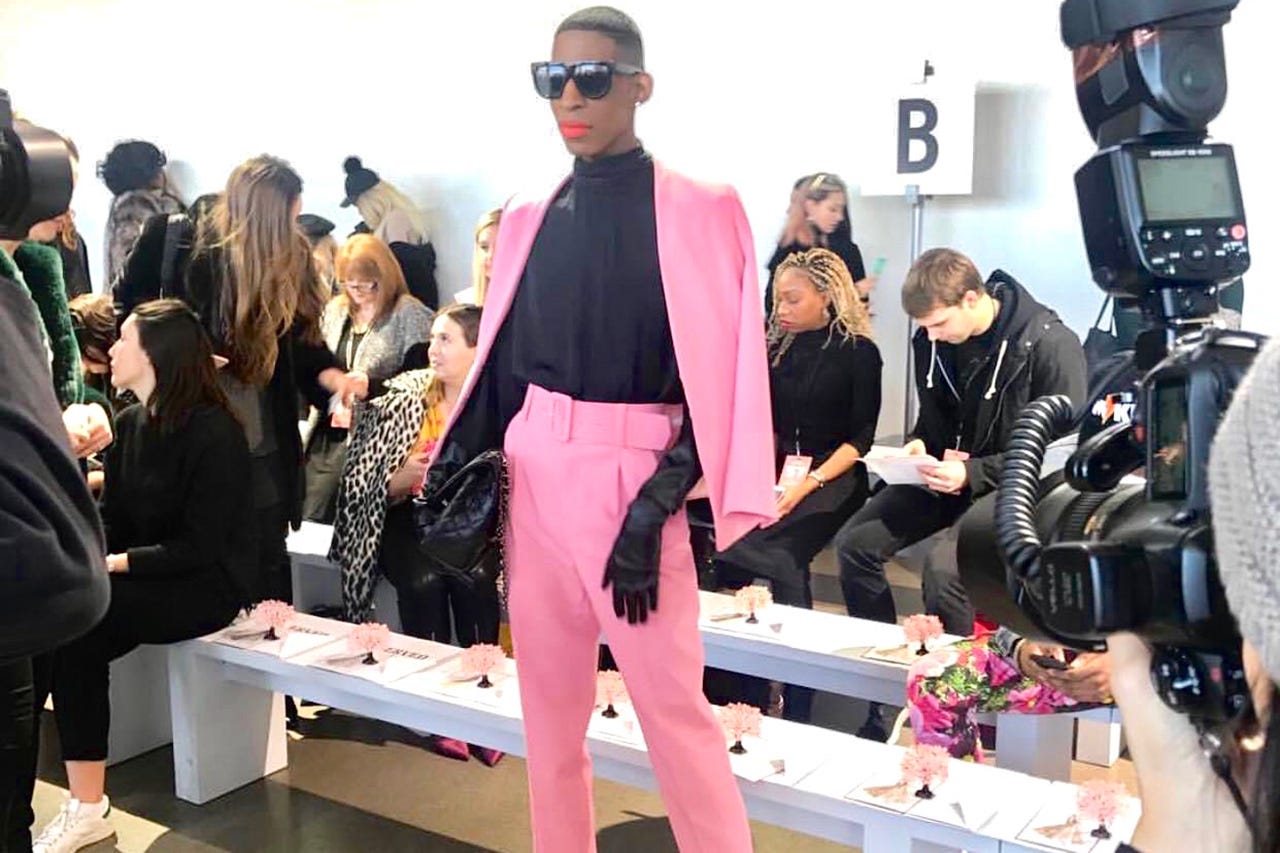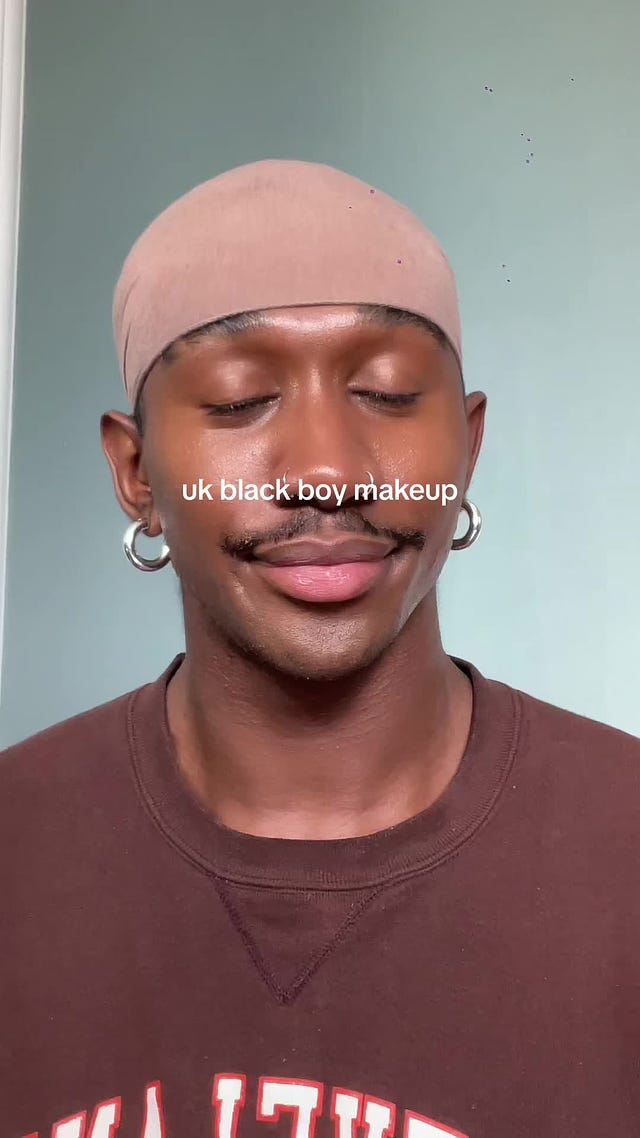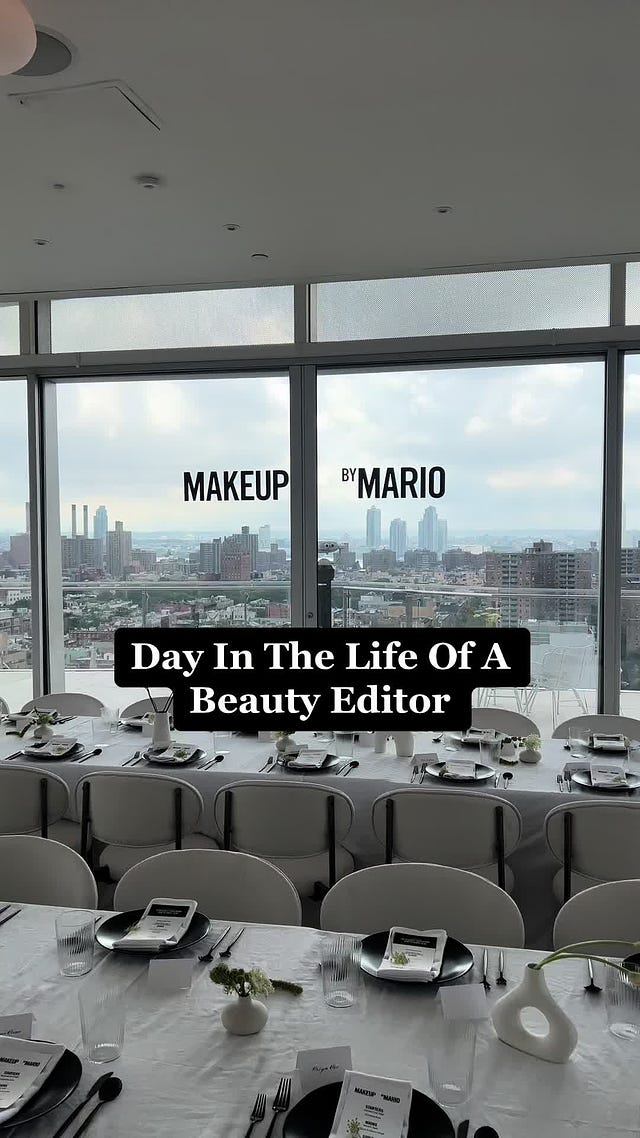Hello, I am Stixx M.
For those who became aware of who I am within the last two years, I was the previous Beauty Editor at Hypebae. Now, I’m just Stixx — Beauty Editor, Writer and Bad Bitch.
I began my career in the beauty industry many moons ago and have decided that this “place” was the one for me. I’ve worked at big names in the industry such as L'Oréal and Glossier and have consulted/advised many other Indie Beauty brands that we all know and love.
Beauty itself, is a universal and cultural language. This is what drew me to this specific industry as it is my personal belief that the story of our lives start with our routines passed down from generation to generation from skincare, haircare and body care and beyond. Often times, one may think “Oh, I’m not into beauty” and sistercat, yes you are.
Think back to the time when your mommy would slather Vaseline on your face before school or when your mom would sit you at the base of the kitchen stove to take a hot comb to your before Sunday School — these are the stories that make up how we live our lives. (Deep, right?) But, that’s another story for another day; this one’s about a Black man that works in beauty.
Navigating the beauty industry has always been a challenging task for Black women. Black women have faced consistent hurdles when it comes to finding complexion products that accurately match their unique skin tones. This struggle stems from the longstanding societal disregard for the specific beauty needs and desires of Black women. The beauty industry, predominantly influenced by a limited range of skin tones, has often overlooked the diversity and richness of Black skin tones. This lack of representation and consideration has not only led to difficulties in finding suitable products but also contributed to a broader narrative of exclusion. Despite the growing awareness and push for inclusivity in recent years, the beauty industry still has a long way to go in truly catering to the needs of Black women.
Even in this modern era, where inclusivity and visibility are highly emphasized, Black men often find themselves on the sidelines of these conversations. The dialogue rarely includes or focuses on their diverse beauty narratives, their individual experiences, or our unique perspectives. Campaigns, whether they be in media, beauty or even social justice, seldom highlight the varied and rich narratives of Black men from different backgrounds, walks of life and experiences.
 Tiktok failed to load.
Tiktok failed to load.Enable 3rd party cookies or use another browser
Furthermore, it's sobering to observe their underrepresentation in the corporate world, especially in roles beyond the retail sector. It is a rarity to find Black men occupying positions in corporate leadership, executive roles or in areas of strategic decision-making. This lack of diversity is not only noticeable, but also speaks volumes about the systemic barriers that are still in place, even in supposedly progressive environments. This underrepresentation extends beyond just numbers and has far-reaching implications on the diversity of perspectives, decision-making processes and overall innovation in the corporate world.
As a Black male beauty writer in NYC, I find myself in the minority, a situation that brings its own set of challenges. I often experience feelings of being overlooked and dismissed. There have been numerous instances where my voice has been either silenced or manipulated by white women, yet these experiences have never been met with any repercussions or received the attention they deserve.
In this new chapter chapter, I will take a stronger stance, raising my voice higher in advocating for the stories and experiences of Black men. I will argue that these narratives need to be depicted with a broader sense of beauty, one that encompasses all facets and angles of their lives. This is not just about a single perspective, rather it's about appreciating and presenting the multifaceted beauty in every aspect of the Black man's story.







